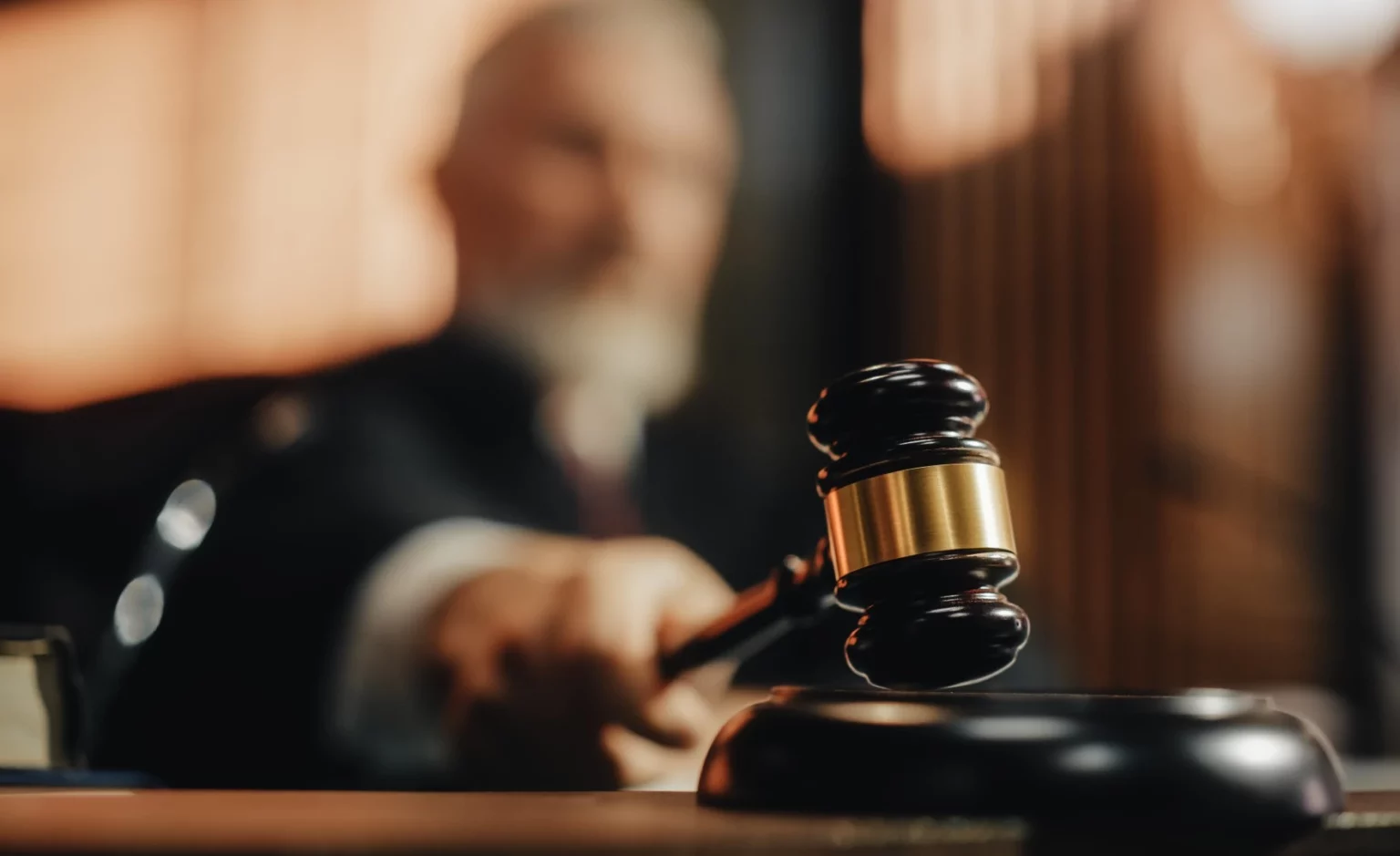A fierce legal battle is unfolding as the oldest sitting US federal judge, Judge Pauline Newman, steadfastly refuses to step down from her position despite concerns about her mental fitness. The 95-year-old judge’s refusal has sparked a heated debate over her ability to handle cases and has raised questions about the procedures for addressing the mental or physical disabilities of federal judges.
As the judicial committee presses for an evaluation of her mental state, Judge Newman has filed a lawsuit challenging the complaint, alleging violations of the US Constitution.
Judge Pauline Newman, appointed by President Ronald Reagan in 1984, has a long and distinguished career specializing in patent law cases. However, recent witness reports included in an order from her court have raised significant concerns about her mental competence. The reports reveal instances where Judge Newman struggled to complete simple tasks independently, made baseless claims of device hacking or bugging, and even threatened a staffer with arrest. Her alleged diminished capacities have led to doubts about her ability to fulfill her judicial duties effectively.
Despite Judge Newman’s request to transfer the probe into her mental fitness to another circuit, the US Federal Circuit Court of Appeals rejected her appeal and instead ordered her to undergo a comprehensive neurological evaluation and neuropsychological testing.
In response, Judge Newman filed a suit in district court seeking to halt or transfer the investigation, arguing constitutional violations. Her lawyer, John Vecchione, criticized the committee’s decision and expressed concerns about impartiality.
The ongoing legal battle highlights the critical importance of ensuring the mental fitness of judges entrusted with making important legal decisions. The panel of fellow justices expressed concerns about Judge Newman’s ability to handle cases and her lack of cooperation with the investigation, leading to the decision to probe her mental state. The panel emphasized the need to instill confidence in litigants and the public, as cognitive impairment could potentially impact the fair and impartial administration of justice.
The three-judge judicial committee dismissed Judge Newman’s objections and cited several examples of her alleged diminished capacities. They ordered her to meet with a neurologist for assessment and undergo a comprehensive battery of neuropsychological testing. Judge Newman has until May 23 to respond to the committee’s directive, either by complying with the evaluation or facing disciplinary action.
The legal battle surrounding Judge Pauline Newman’s refusal to step down and the concerns about her mental fitness have placed a spotlight on the procedures for addressing such issues in the judiciary. As the oldest sitting US federal judge, Judge Newman’s case raises important questions about the delicate balance between judicial independence and ensuring the mental competence of judges. The outcome of this legal battle will have significant implications for the future handling of similar cases and the preservation of public trust in the judiciary.




